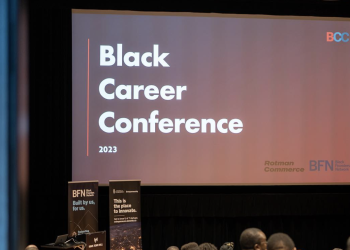On 17 July 2025, Hyper—a start-up founded in Yukon and now based in Toronto—emerged from stealth with a US$6.3 million seed round. The company says its voice AI can handle non-urgent 911 traffic in more than 30 languages, screening routine queries and passing true emergencies to human dispatchers. Early deployments are already live in selected United States and Canadian call centres.
Led by former Cohere product head Ben Sanders and developer Damian McCabe, Hyper targets a rising operational headache: up to 60–75 per cent of 911 calls in some regions are low priority, according to BetaKit. Big tech firms employ finance engineers to manage usage, but public-safety agencies lack similar bandwidth. Hyper’s AI assistant aims to close that gap.
From Side Project to Safety Tech
The idea began as a side project to help overworked responders. Photorealistic voice synthesis and natural-language understanding let the system answer basic questions, then escalate verified emergencies in real time. “We’re not trying to replace 911 operators,” Sanders told BetaKit. “We’re protecting their time and giving residents a faster, clearer path to help.”
Hyper’s US$6.3 million round was led by Eniac Ventures with participation from Haystack, Union Capital and angels from OpenAI, Ramp and Cohere. Sanders says the team’s northern roots shaped its civic first mindset, steering product focus towards public good rather than pure enterprise.
Why It Matters Now
Emergency services face staff shortages, language-access gaps and rising call volumes. Hyper is among the first AI platforms with real-world 911 deployments, positioning it as an early mover in public-infrastructure tech. Its traction also signals a shift in Canadian AI: taking on high-stakes environments beyond traditional SaaS.
Who feels the impact first
• Emergency-call agencies seeking triage automation
• Municipal CIOs balancing budget cuts and service levels
• Investors chasing practical AI use cases in public safety
Hyper will use the fresh capital to expand across Canadian municipalities and integrate with public-health or non-emergency hotlines. The start-up is hiring machine-learning engineers and civic-partnership leads to scale its offer.
Takeaway
Hyper shows how Canadian AI can solve national problems—even if the solution was born in the far north. By freeing human dispatchers for critical calls, the company turns cutting-edge technology into a public-good service, adding a new chapter to Canada’s tech-for-impact story.













